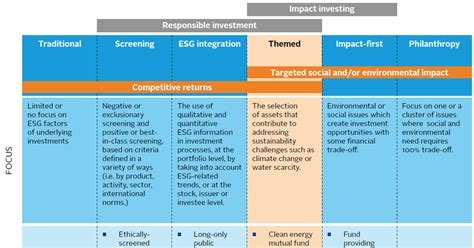You seem to have provided an excerpt from an article or presentation that is likely to discuss the concept of blur (blur) in the context of the volume of trading and its impact. I would like to help with a more detailed answer.
What is blur (blur)?
Blur, also known as “blur” or “dilution”, refers to a process in which the movement of the price of the asset becomes less visible due to the increased volume of trading. This can happen when many traders buy or sell specific assets at the same time, making it difficult to determine the actual market direction.
Effect of blurring on trading volume
When blurred, a few things happen:
1
- Reduced market efficiency : blur can lead to a reduction in market efficiency, as individual investors may not have enough information to make informed decisions. This is because the increased volume makes it difficult to resolve real market signals.
3.
Measures to reduce blurry

Merchants, investors and financial institutions can use different strategies to alleviate the effects of blurring the effects:
1.
- Neutral market investment : Focusing on long -term market strategies can help minimize exposure to volatility caused by blurry.
- Risk management : Implementation of risk management tools such as guarding orders and positions of positions can help limit potential losses.
Keep in mind that Blur is a natural result of market dynamics and is not a signal to leave the investment strategies. By understanding the causes and effects of blurry, investors and traders can develop strategies to alleviate its impact and better orientate themselves in the complexity of markets.
If you have specific questions or you would like more information about these topics, feel free to ask!
